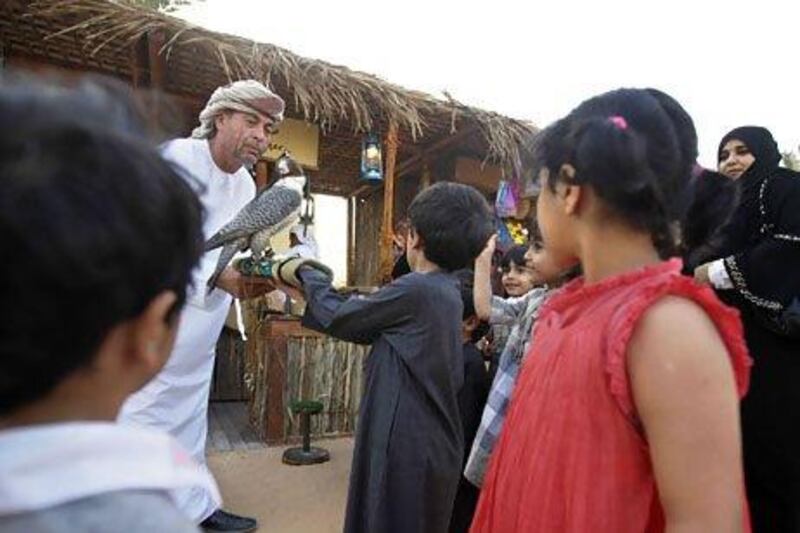Most leaders intuitively understand that leading in the GCC is different. As they "set up shop" or assume their leadership post, it is anticipated that the market has its own rhythms, the consumers even have different buying patterns and preferences, and the leader may have some struggles interpreting local practices.
The real complexity, making leading in the GCC one of modern business greatest challenges, is the workforce.
Diversity is an everyday reality here. Simply walking into a coffee shop, we are accustomed to seeing global sights, sounds and smells all in one place.
The workforce here is equally diverse being home to many nationalities, perhaps as many as the United Nations has member countries. It seems at times that the whole world is living and working here.
In the GCC countries we have diversity on steroids.
We contend with diverse languages, cultures, and political situations, we also deal with differences based on national boundaries, organisational backgrounds, hierarchical orientations, functional specialisation, and customer exposure.
Beyond reading the guidebooks on local culture, leaders need to invest in understanding who this "new" workforce is and become discoverers. A discoverer is a leader who makes the effort to notice and learn new things.
Maximising employee discretionary effort and success in business here is correlated to how the leader realises the workforce is different and works from that understanding to engage employees to perform.
While it is important when leading in the GCC to understand the Arab culture as it is this society's home, in addition leaders need to have awareness of the backgrounds of their employees who come from all corners of the globe.
While you will probably never become an expert in every culture, you can begin with getting to know your team.
At a leadership seminar last week the participants debated, "How many leaders have even seen their employees' CVs?" (This pertained, of course, to employees not directly hired by the leaders in question.)
The insinuated answer was, very few. This made me wonder, "How many leaders really know their employees and are ready to lead diversity?"
Here are five questions that can help you to become a discoverer:
Ÿ What demographic factors are shaping the workforce?
Ÿ What cultural factors are shaping it?
Ÿ What societal factors?
Ÿ What development factors?
Ÿ What is the organisation's background?
For each of these questions, it needs to be noted that a workforce in any company operating in the GCC does not have just one answer for their whole workforce.
Therefore, you need to understand these questions aligned to the subsets in your workforce.
In some environments, this may be considered politically incorrect, but in this region it is performance expedient.
To create the optimal operational environment needed to propel employee performance upwards leaders need to identify what elements define the employees' background. Be a discoverer.
Tommy Weir is an authority on fast-growth and emerging-market leadership, an adviser and the author of The CEO Shift. He is the founder of the Emerging Markets Leadership Center





